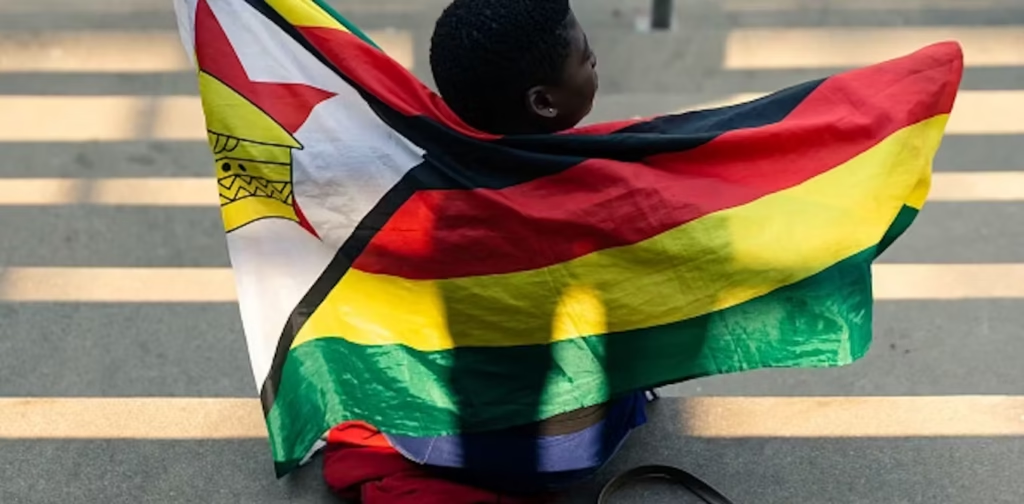In a major victory for free speech, Zimbabwe’s High Court has ruled that critical sections of the controversial Patriotic Act violate the country’s Constitution.
Enacted in July 2023, the law criminalized actions deemed harmful to Zimbabwe’s “sovereignty and national interest.” Offenders could face severe penalties, including life imprisonment, the death penalty, or even the loss of citizenship.
Critics, including human rights advocates and civil society groups, have long argued that the law was designed to suppress dissent—especially from those engaging international platforms or seeking global support to demand accountability.
The court sided with the challengers, ruling that section 22A(3) imposes punishments that infringe on constitutional rights such as freedom of expression, freedom of association, and political participation.
The legal challenge was initiated by the Media Alliance of Zimbabwe and activist Zenzele Ndebele, who claimed the law was vague, overly broad, and susceptible to abuse, ultimately endangering democratic freedoms.
Global watchdogs including the United Nations and Human Rights Watch had also condemned the act as a threat to civil liberties.
While the court’s decision is a significant step, rights groups continue to urge the government to repeal the entire Patriotic Act, warning that other provisions still fall short of international human rights standards.
The government has yet to indicate whether it will appeal the ruling or amend the law accordingly.

